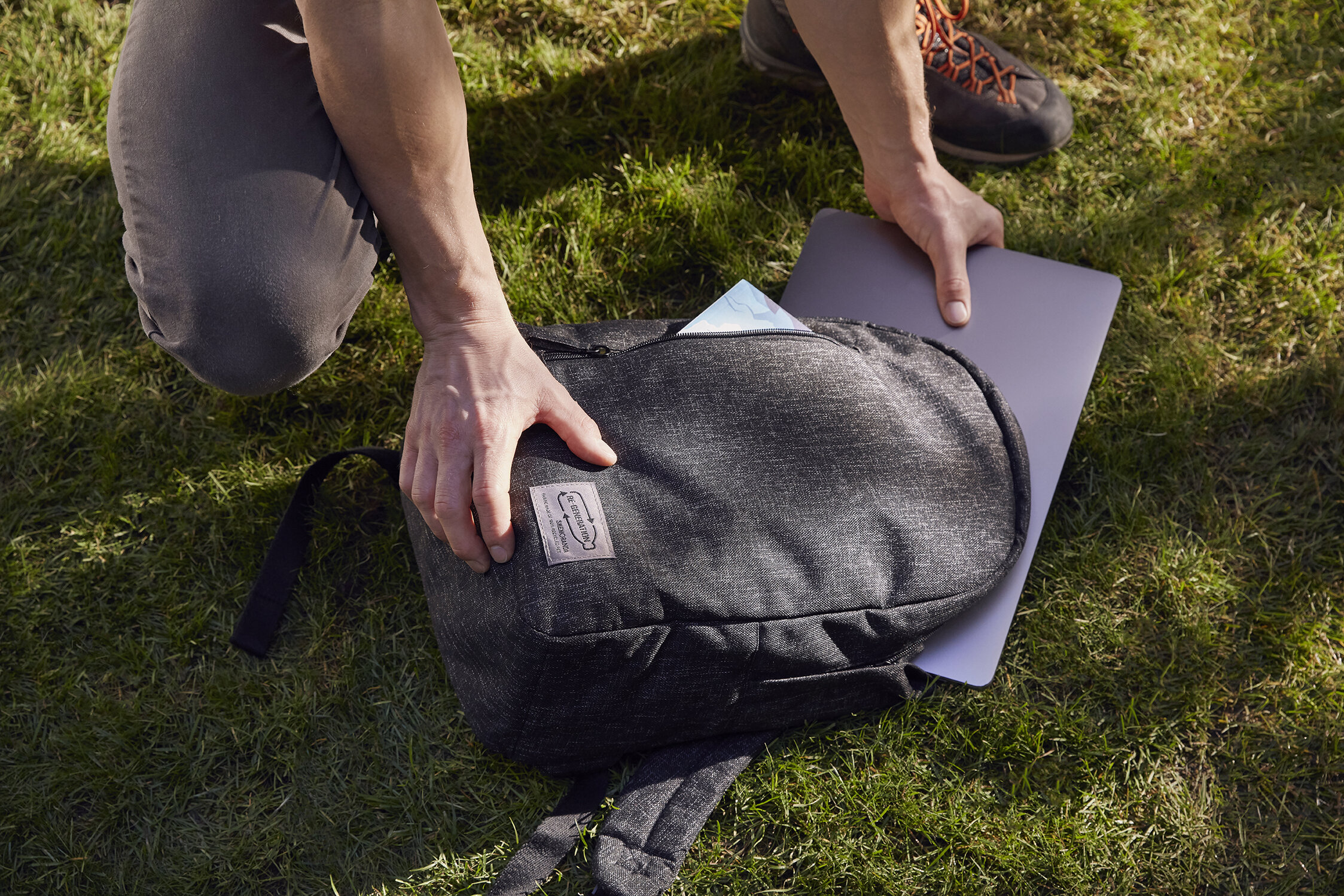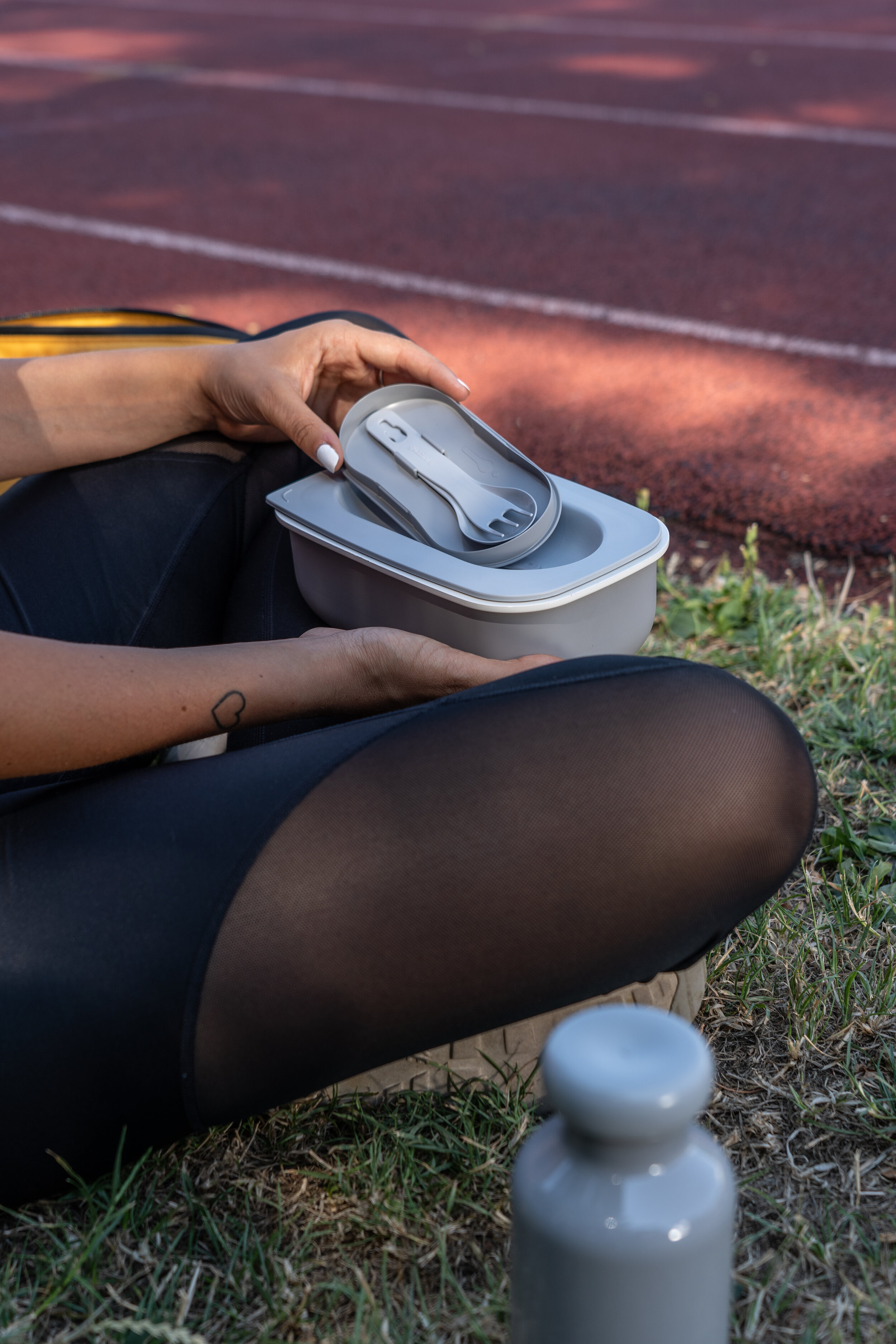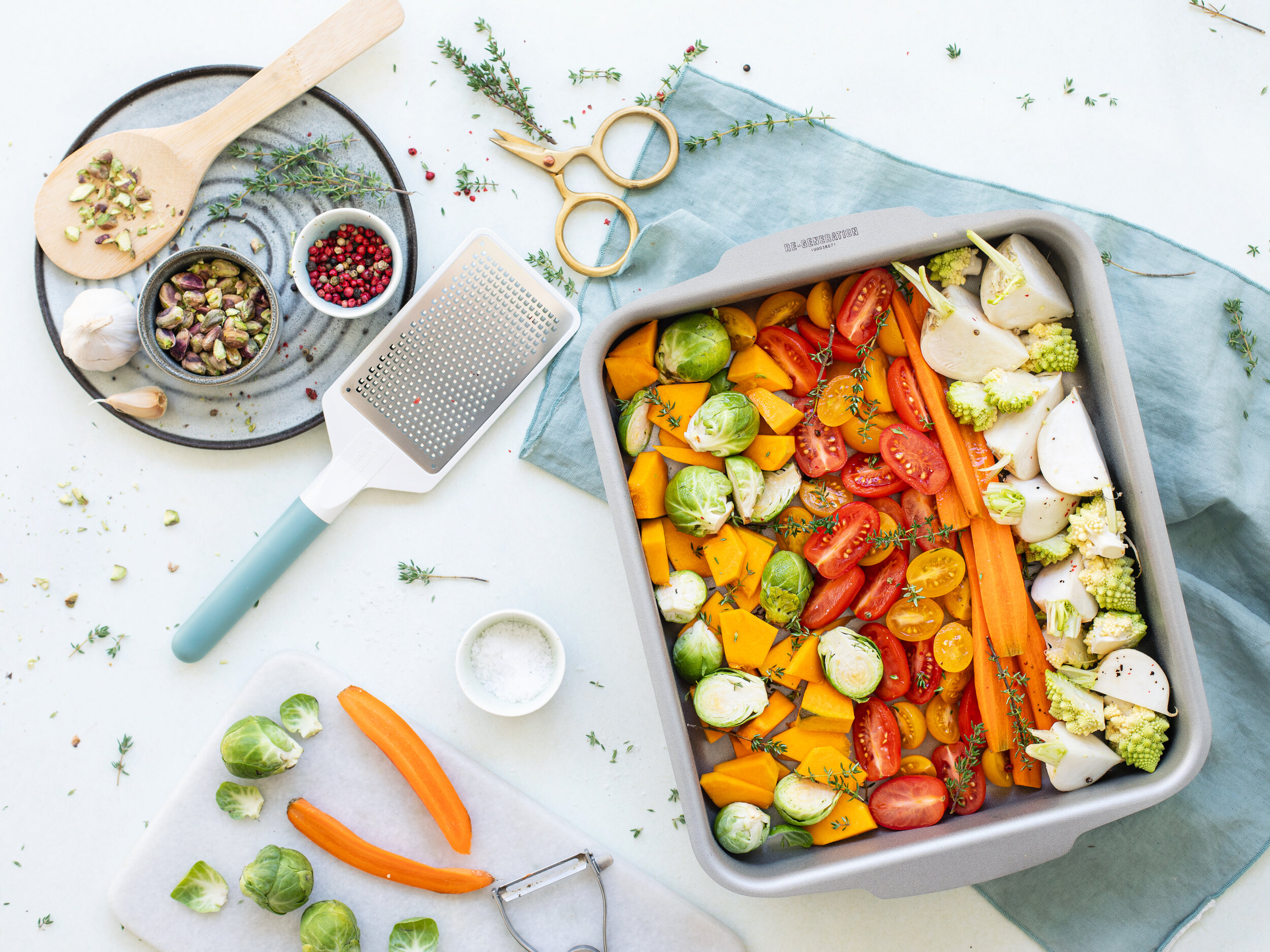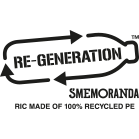-
Sustainably stylish design
from recycled materials
La nostra attività
The Re-generation brand is about achieving more with less. We believe that it’s not about doing what’s easy; it’s about doing what’s right. That’s why we’ve gone back to the drawing board, tearing up standard production practices that many companies have adopted over the years. Working with a carefully selected group of partners, we turn waste materials into premium products; that are responsibly sourced.




Come lavoriamo
Tutta la catena di approvvigionamento del marchio Re-generation è tracciabile. I materiali riciclati sono tracciati in ogni fase, dalla fabbricazione al prodotto finale. Non solo: gli imballaggi dotati di etichetta FSC (Forest Stewardship Council) sono certificati da un soggetto indipendente. Così, chi ha a cuore la salvaguardia del futuro potrà accertarsi della sostenibilità dei prodotti e dell’attuazione di una gestione che rispetti le esigenze sociali, economiche ed ecologiche delle generazioni a venire.
Perché?
Gli esseri umani stanno sfruttando il pianeta senza riserve, ma le sue risorse non sono illimitate.
That’s why we’re committed to a greener future, taking conscious steps to operate sustainably. By regenerating waste materials into high-quality products, we aim to develop heightened awareness of the term ‘use and reuse’. We know that consumers already care. But with the right products, we can ensure a greener day-to-day becomes the status quo. Re-generation means new and sustainable ways of living. Life with less waste in landfills and pollutants in our oceans; a much richer world as a result.
-

Lo sapevi che...
91%
La maggior parte dei rifiuti di plastica del mondo non viene riciclata. Oggi usiamo un milione di bottiglie al minuto*.
*(www.nationalgeographic.com).
9 milioni di tonnellate
Quantità di rifiuti di plastica che finiscono nell’oceano ogni anno.*
*(www.nationalgeographic.com).
79%
Ends up in landfills and dumps, or scattered throughout the natural environment.*
*(www.nationalgeographic.com).
99%
Of the world’s seabird species will be affected by plastic ingestion by 2050.*
*(www.pnas.org).
12%
Percentuale di plastica incenerita, che impiegherebbe circa 400 anni per degradarsi altrimenti.*
*(www.nationalgeographic.com).
95%
Of the energy needed to make new aluminium is saved through recycling.*
*(www.recycling.world-aluminium.org).




